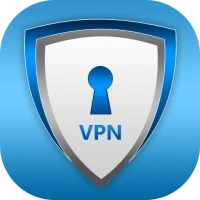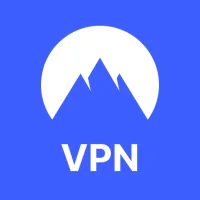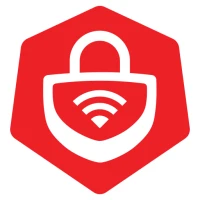
Latest Version
5.3.0
October 18, 2024
Secure Signal Inc.
Tools
Android
0
Free
com.fast.free.unblock.thunder.vpn
Report a Problem
More About Thunder VPN - Fast, Safe VPN
Thunder VPN is an application that provides a secure and private internet connection by encrypting your online activity. This makes it more secure than a typical proxy, especially when using public free Wi-Fi. Our global VPN network covers America, Europe, and Asia, with plans to expand to more countries in the future. Most of our servers are free to use, and you can easily switch between them by clicking on the flag icon. There are many reasons to choose Thunder VPN. We offer a large number of servers with high-speed bandwidth, and you can choose which apps use the VPN (requires Android 5.0+). Our app works with Wi-Fi, 5G, LTE/4G, 3G, and all mobile data carriers. We have a strict no-logging policy, smart server selection, and a well-designed user interface with minimal ads. There are no usage or time limits, and no registration or configuration is required. Additionally, our app has a tiny size with high performance. At Thunder VPN, we prioritize user privacy. Compared to similar apps, we require the fewest permissions and have the smallest package size, meaning less sensitive information is collected and there are fewer risks from third-party code. Our app is a great choice for those concerned about privacy. If you encounter any issues with connecting to Thunder VPN, you can follow these steps to fix it: click the flag icon, click the refresh button to check servers, and choose the fastest and most stable server to reconnect. In general, a VPN extends a private network over a public network, allowing users to securely send and receive data as if they were directly connected to the private network. This can be useful for circumventing geo-restrictions and censorship, as well as protecting personal identity and location. However, some websites may block access to known VPN technology. While VPNs cannot guarantee complete anonymity, they can increase privacy and security by using authentication, tunneling protocols, and encryption techniques. Mobile VPNs are also available for users who frequently switch between networks, such as law enforcement officers who need access to critical applications while on the go.
Rate the App
User Reviews
Popular Apps
































 Games
Games Entertainment
Entertainment Communication
Communication E-mail
E-mail Security
Security Tools
Tools Media
Media Internet
Internet Finance
Finance Design
Design Education
Education IT Tools
IT Tools Travel & Local
Travel & Local Family
Family Auto
Auto Beauty
Beauty Books
Books Business
Business Comics
Comics Dating
Dating Events
Events Food
Food Health
Health House
House Libraries
Libraries Lifestyle
Lifestyle Maps
Maps Medical
Medical Music
Music News
News Parenting
Parenting Personalization
Personalization Photography
Photography Productivity
Productivity Social
Social Shopping
Shopping Sports
Sports Travel
Travel video
video Android
Android watch face
watch face weather
weather